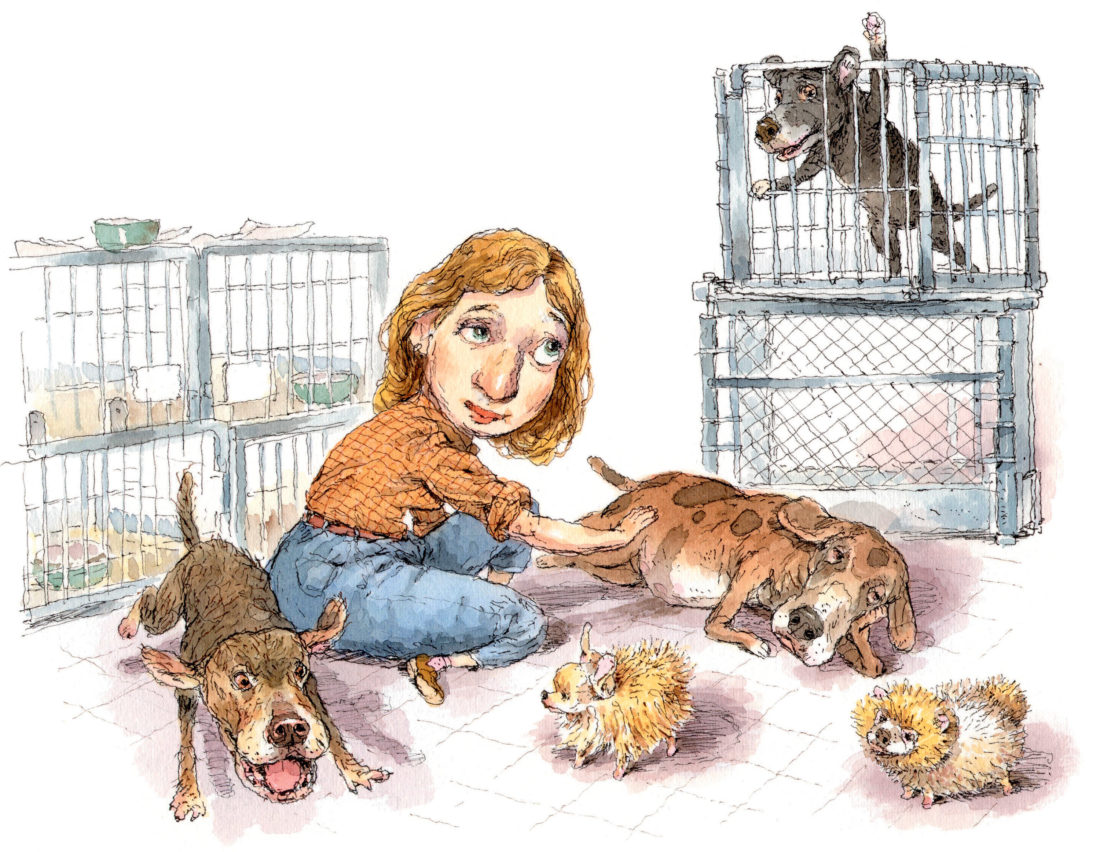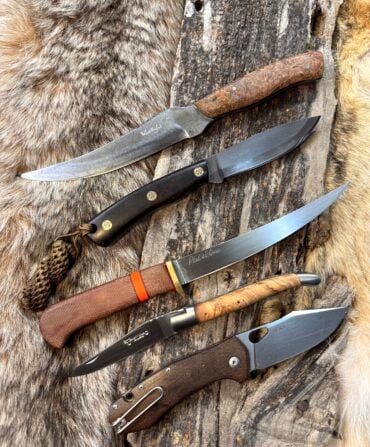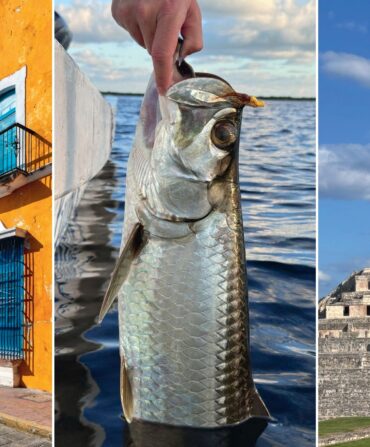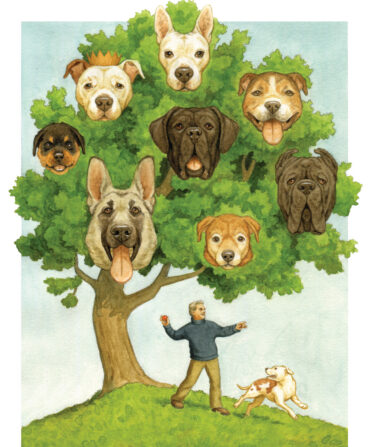My favorite line, from one of my favorite books, reads as follows: “But if you tame me, then we shall need each other. To me, you will be unique in all the world. To you, I shall be unique in all the world.” This is, of course, from Antoine de Saint-Exupéry’s The Little Prince, the fox telling the boy who tumbled down from the sky what happens when you fall in love. Whatever creature has caught your eye separates from the pack and becomes special, becomes yours, and the two of you are locked together forever.
This is how a dog, one more muzzle sticking out of a fence, one more yap or yowl, one more set of floppy ears or crooked teeth or a half-broken tail, can go from one dog to my dog. You simply have to tame one another, and then you belong to each other for life.
Until you’re forced to let go. In June of last year, I faced the harrowing experience of having one of my dogs die suddenly and unexpectedly from a blood clot. Vegas, a dog I used to describe to my high school English students as looking like a Chihuahua who had been stretched out to the length of a dachshund, had been born at the rescue where I used to work, and we had belonged to one another since he was three days old and I picked him out of the litter. He was a Velcro dog, always in my lap or under my feet, on the couch or in the bed, always in my arms, which is where he left me, too. Loving an animal is hard because you know how the story always ends, but Vegas’s passing carved my heart into pieces and then scattered them on all four winds.
His death hit me so hard that my husband became worried for me. We’ve always agreed that we would never let the passing of one dog stop us from adopting another, and within days he had managed to tempt me into the truck, to at least go for a ride and take a look. I was still spontaneously bursting into tears every five minutes, but it seemed like the best thing to do. Despite living in St. Petersburg, Florida, a pet-friendly city with an animal rescue seemingly on every corner, we drove an hour away, two counties inland, to go and look at a dog named Chili. Of all the dogs we’d scrolled through, on all the animal rescue websites, Chili had stood out. The right age and right size—too big to fit in a purse, but small enough to carry and cuddle—with beautiful black and tan coloring, soulful eyes, and, so her profile stated, a sweet disposition.
Chili wanted nothing to do with us. In the visiting room, she lumbered over to the corner, flopped down, and made it clear that we were not worth her time. No amount of coaxing or petting could endear us to her; we were just not her people. The volunteers at the rural rescue, still shocked that we had driven all the way in from the big city, brought out another dog. Hank ran in psychotic circles around my legs, peed on me, and then tried to bite me. Two other dogs that looked like the pom-poms plucked off a pair of bedroom slippers were manic and, we were warned, impossible to house-train. They’d both been returned to the rescue several times. The volunteers didn’t even try to make them look good.
At this point, I was sure that we had made a mistake. What were we doing, this far from home, this fresh in our grief, looking for another dog? We still had two elderly dogs, both half blind and deaf, who loved us and needed us. It was time to go back to them. Back to the house that seemed so empty without Vegas, back to the silent days that would stretch out ahead of me as I tried to work through the loss.
We were on our way out when she caught my eye, and, as with Vegas’s death, everything suddenly changed. The little dog up in the top kennel wasn’t pacing or barking or trying to chew her way out in the midst of the cacophony that is the back room of an animal shelter. Nor was she listless, or cowering, or frantically wagging her tail. She was staring right straight at me, as if saying, Me, it’s me, don’t leave, you came here for me. And sneezing. I could feel the moment happening even as it unfolded, but there was definitely a lot of snot.
“That one.”
I pointed at the black mutt with the single white paw. On top of the sneezing, she was skin and bones, her neck raw, her throat bare of hair. The rescue volunteer looked at me like I was nuts.
“You don’t want that one.”
“It’s that one.”
I sank to the floor when the volunteer lifted the fourteen-pound dog out of her kennel and plopped her down. Unlike the other dogs who had been wary, or frenzied, or intent on my losing a finger, this one only sneezed on me and then crawled up into my lap with a groan of relief. We hadn’t left without her after all. My husband bent down, and she christened him with a bout of coughing and sneezing as well. It was the last day of June. We named her Juno.
The list of reasons we shouldn’t adopt her was endless. And fully typed out on page after page of documents we had to sign. She had kennel cough. Because of her breed—something along the lines of Chihuahua, whippet, and feist—her throat was so narrow that she would chronically be sick. We signed the papers. Though she was only two years old, her back legs were bad. She might never be able to run. She might never get better. We signed. She would have to be quarantined, pills every day. Yes, yes, just give us the dog already.
Juno slept in my arms the entire ride home.
We went through her quarantine together. Since it was summer, I was off for vacation, and for two weeks, we sat on the small couch in the back room of the house, crying (often, on my part) and sneezing (all the time, on hers) as we watched reruns of The Great British Baking Show on an endless loop. I fed her honey from a spoon, and she licked my face when something would remind me of Vegas and the tears just wouldn’t stop. I hid her pills in soft-boiled eggs and canned tuna, and she wedged herself between my body and the ratty couch cushions, always as close to me as possible. The couch was too small, so at night we slept on a pile of blankets on the floor. I didn’t mind, and neither did she.
Soon, her hair began to grow back. She put on two pounds. The fits of congestion and labored breathing grew further and further apart. As did my crying jags, black moods, and hours of silence. Juno learned to drag herself on her belly across the carpet like a circus dog, and I learned to laugh again. Together, we became stronger. Together, our wounds were sewn. I had been wrong about the pieces of my heart be-
ing lost on the wind. But I had been right about Juno.
By the end of the summer, Juno was racing circles around our other dogs out in the yard. She gave them new life, lent them a new energy, even if they couldn’t always see her coming. I followed behind her at first, nervous about her legs, about her breathing, trying always to slow her down. Our vet warned us that even though Juno’s recovery was full, we needed to be careful. We gave her daily joint supplements and avoided dog parks where she could potentially catch another respiratory infection. But Juno would not be slowed. By fall, she was chasing squirrels, and by winter, she might have caught a few. This spring we finally fulfilled a lifelong dream of moving out to the country. We have chickens and a long row garden and swarms of fireflies in the woods behind our house at night. Juno has five acres on which to run, to leap and dig and roll and terrorize the wildlife, and she makes use of every square inch. Juno is unstoppable, but when the sun goes down, she still makes a fine couch dog, too.
When you love a dog, you always know how the story will end. When you tame something, it becomes yours, unique to you in all the world. But sometimes endings can lead straight to beginnings, if in unexpected ways. Juno is a blur outside my window as I write this—she has seen a squirrel so far away among the oak trees that she can never hope to catch it, but that doesn’t mean she isn’t going to try—and I can’t help but think of all the things she wasn’t supposed to be able to do. Run. Jump. Breathe. Find a home.
Just take a look at her now.








